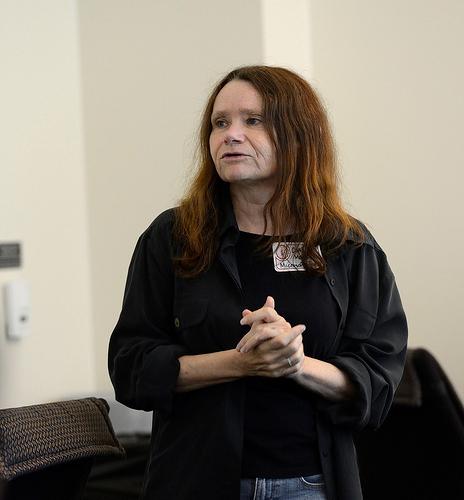Personal Digital Archives: From Accumulation to Legacy
During an individual’s lifetime, the content and organization of a personal digital archive depends largely on whatever personal information management regimens the collection’s owner(s) have adopted. Some aspects, for example, outward-facing parts of the collection held as social media, may be extensively curated; other portions may be subject to policies imposed by storage providers and surrogate stewards of the data (e.g. in the case of governmental, financial, and medical records). Still other portions (e.g. local and cloud storage) may show patterns of long-term accumulation and benign neglect. What do these diverse policies and practices mean for personal collections as historical legacy? I use my experience with personal papers held in research library collections to investigate four issues that will play a major role in shaping tomorrow’s personal digital archives: (1) ephemerality, permanence, and privacy concerns; (2) self-representation and reliability; (3) historical, biographical, and genealogical utility; and (4) copyright, ownership, and access policies.
Cathy Marshall is a San Francisco-based adjunct professor at the Texas A&M University Center for the Study of Digital Libraries and sometime volunteer at the Internet Archive.










